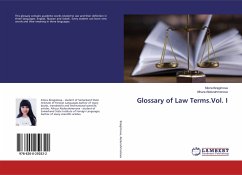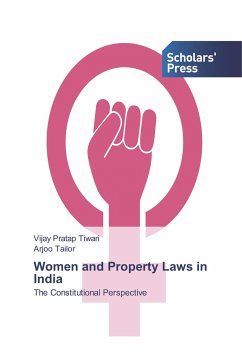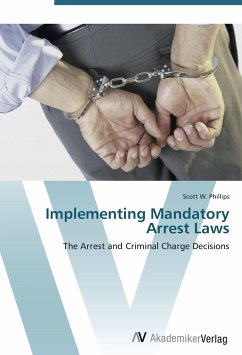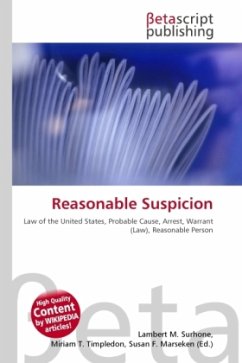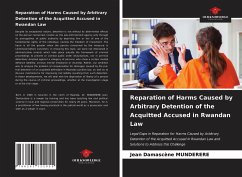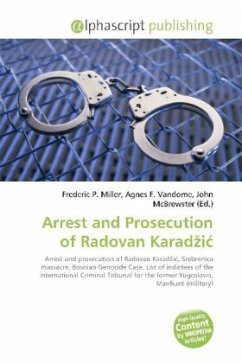
Arbitrary Arrest- a Constitutional Perspective
Versandkostenfrei!
Versandfertig in 6-10 Tagen
45,99 €
inkl. MwSt.

PAYBACK Punkte
23 °P sammeln!
An unlawful arrest goes against the basic rights that are guaranteed by our constitution and breaches the legal principles of both the Criminal Procedure Code and other applicable special legislation. In this research, I will make an attempt to describe the procedure for making an arrest in accordance with Indian law. This study will look into topics such as who has the power to arrest, who can be arrested, under what conditions, the legality of the arrest, the repercussions, the damage, and the application of the judicial mind, among other offshoots of the topic. The procedure of arrest is al...
An unlawful arrest goes against the basic rights that are guaranteed by our constitution and breaches the legal principles of both the Criminal Procedure Code and other applicable special legislation. In this research, I will make an attempt to describe the procedure for making an arrest in accordance with Indian law. This study will look into topics such as who has the power to arrest, who can be arrested, under what conditions, the legality of the arrest, the repercussions, the damage, and the application of the judicial mind, among other offshoots of the topic. The procedure of arrest is also governed by a variety of specialized legislation. In addition to this, I will be concentrating on international covenants that prohibit arbitrary arrest and detention. This study will have a primary emphasis on constitutional and legal analysis as its primary point of reference. The detention of juveniles is a matter of enormous concern since it has the potential to have an everlasting influence on the psychological development and growth of children. In the end, I will conclude by giving a judicial perspective along with my own suggestions and confusion.




